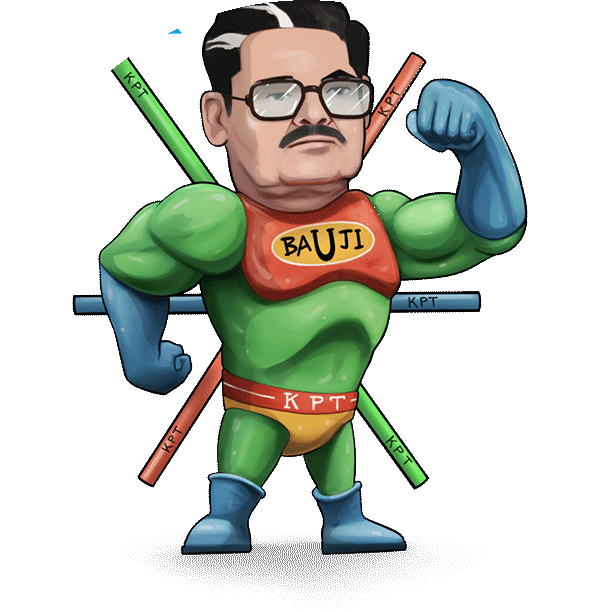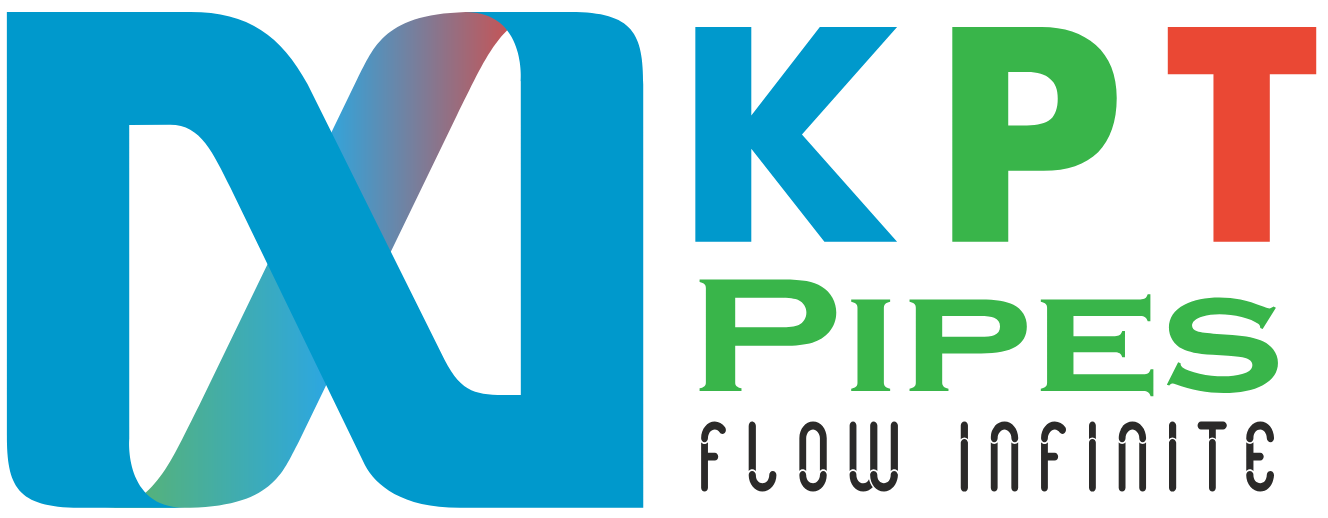In the vast network of industrial systems, where precision and reliability are a must, the choice of piping materials is crucial. Among the array of options available, Polypropylene Random Copolymer (PPR) pipes stand out as a preferred choice for industrial pipe fittings. Let’s see the reasons why.
Table of Contents
What Are PPR Pipes?
Before diving into their advantages, let’s understand what PPR pipes are. PPR pipes are made from a type of plastic called polypropylene, specifically a random copolymer variant. This material is known for its exceptional durability, chemical resistance, and thermal stability, making it ideal for various industrial applications.
Advantages of PPR Pipes in Industrial Settings:
Durability:
One of the primary reasons for the preference of PPR pipes in industrial settings is their durability. Industrial environments can be harsh, with factors like pressure fluctuations, chemical exposure, and temperature variations. PPR pipes are highly resistant to these challenges, ensuring long-term reliability without the risk of corrosion or degradation.
Chemical Resistance:
In industrial operations, pipes often come into contact with various chemicals, solvents, and corrosive substances. PPR pipes exhibit excellent chemical resistance, safeguarding against degradation or contamination of the conveyed substances. This property is crucial for maintaining the integrity of industrial processes and ensuring product quality.
Thermal Stability:
Industrial processes often involve extreme temperatures, whether high or low. PPR pipes possess remarkable thermal stability, retaining their structural integrity and performance characteristics across a wide temperature range. This thermal resistance prevents issues such as expansion, contraction, or distortion of the piping system, ensuring smooth operation even under challenging conditions.
Smooth Internal Surface:
The smooth internal surface of PPR pipes offers several advantages in industrial applications. It facilitates efficient fluid flow with minimal friction, reducing energy consumption and optimizing system performance. Additionally, the smooth surface inhibits the accumulation of debris, sediment, or microbial growth, maintaining the cleanliness and hygiene of the piping system.
Ease of Installation:
Industrial projects often require rapid deployment and efficient installation processes. PPR pipes are lightweight and easy to handle, simplifying transportation and on-site handling. They can be easily cut, joined, and configured according to specific project requirements, allowing for quick and hassle-free installation. This feature translates to cost savings and reduced downtime for industrial operations.
Longevity and Low Maintenance:
Investing in durable piping solutions is essential for minimizing maintenance requirements and ensuring long-term cost-effectiveness. PPR pipes have a long service life and require minimal maintenance, contributing to overall operational efficiency and reliability. Their resistance to corrosion, scaling, and biological growth further reduces the need for frequent inspections or repairs, making them a sustainable choice for industrial applications.
Environmental Sustainability:
As environmental considerations become increasingly important, industries are seeking eco-friendly alternatives in their operations. PPR pipes are recyclable and contribute to resource conservation and waste reduction efforts. Their long lifespan and minimal environmental impact make them a sustainable choice for industrial piping systems, aligning with corporate sustainability goals and regulatory requirements.
Summing It Up
In conclusion, the preference for PPR pipes in industrial pipe fittings is justified by their exceptional durability, chemical resistance, thermal stability, and ease of installation. These properties ensure reliable performance, minimal maintenance, and long-term cost-effectiveness, making them an ideal choice for diverse industrial applications. By opting for PPR pipes, industries can enhance operational efficiency, mitigate risks, and contribute to environmental sustainability, thereby securing a reliable and sustainable infrastructure for their operations.


